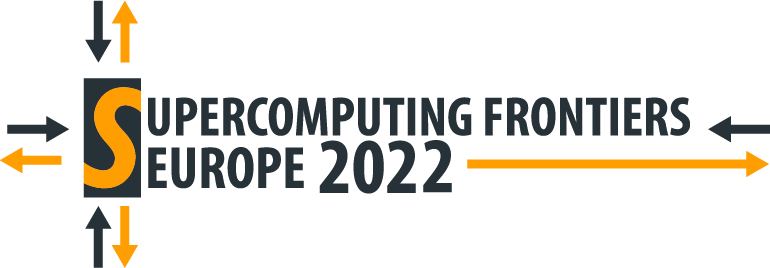(Virtual) ICM Seminars in Computer and Computational Science
Augment Supercomputing Frontiers Europe annual conference as a weekly forum for exchange of ideas.
ICM invites enthusiasts of HPC and all people interested in challenging topics in Computer and Computational Science to the First ICM Seminar in Computer and Computational Science. This coming Wednesday (1st April, 16:00 CEST). The event is free.
ICM Seminars is an extension of the international Supercomputing Frontiers Europe conference, which took place on 23-25th March this year in virtual space.
“The digital edition of SCFE gathered of the order of 1000 participants – we want to continue this formula of Open Science meetings despite the pandemic and use this forum to present the results of the most current research in the areas of HPC, AI, quantum computing, Big Data, IoT, computer and data networks … and many others – says dr Marek Michalewicz, Chair of the Organising Committee, SCFE2020 and ICM Seminars in Computer and Computational Science.
Registration for all weekly events is free. The ICM Seminars will begin with an inaugural lecture by Scott Aronson, David J. Bruton Centennial Professor of Computer Science at the University of Texas. We warmly invite you – ClickMeeting works on all continents.
INAUGURAL SEMINAR – APRIL 1, 2020 | 16:00 CEST
Title: Quantum Computational Supremacy and Its Applications
Abstract: Last fall, a team at Google announced the first-ever demonstration of “quantum computational supremacy”—that is, a clear quantum speedup over a classical computer for some task—using a 53-qubit programmable superconducting chip called Sycamore.
Google’s accomplishment drew on a decade of research in my field of quantum complexity theory. This talk will discuss questions like:
- What exactly was the (contrived) problem that Sycamore solved?
- How does one verify the outputs using a classical computer?
- And how confident are we that the problem is classically hard—especially in light of subsequent counterclaims by IBM and others?
I’ll end with a possible application for Google’s experiment—namely, the generation of trusted public random bits, for use (for example) in cryptocurrencies—that I’ve been developing and that Google and NIST are now working to test.
Scott Aaronson is David J. Bruton Centennial Professor of Computer Science at the University of Texas at Austin. He received his bachelor’s from Cornell University and his PhD from UC Berkeley. Before coming to UT Austin, he spent nine years as a professor in electrical Engineering and Computer Science at MIT. Aaronson’s research in theoretical computer science has focused mainly on the capabilities and limits of quantum computers. His first book, Quantum Computing Since Democritus, was published in 2013 by Cambridge University Press. He received the National Science Foundation’s Alan T. Waterman Award, the United States PECASE Award, and the Tomassoni-Chisesi Prize in Physics.

